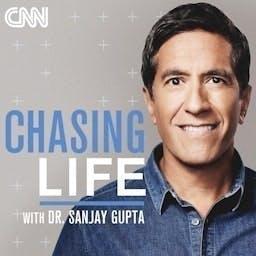When people acquire a brain injury, it can lead to difficulty with communication, including the language disorder aphasia.
Hear SLPs share how they use podcasting as a tool to work with people with aphasia, helping them create, host, and produce their own ongoing shows.
A panel of SLPs—including Tom Sather of the University of Wisconsin-Eau Claire, Melissa Richman of the Stroke Comeback Center in Virginia, and Bernadine Gagnon of Teachers College, Columbia University—describe the benefits they’ve seen from this approach. They also discuss the origins of the shows with which they’ve worked.
Also hear from two additional guests. SLP Melissa Capo discusses project-based interventions. And Tim Carosi, a podcast host who has aphasia, discusses his show "Aphasia to Aphasia."
Learn More:
- ASHA Voices: Benefits of Conversation in the Lives of People With Aphasia
- ASHA Practice Portal: Aphasia
- Using Project-Based Learning to Support a Middle Schooler’s Aphasia Recovery
Transcript



























